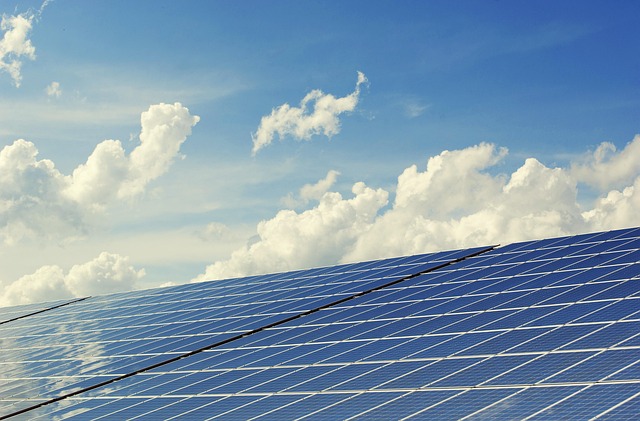Explore career opportunities in solar panel installation in Australia
The solar panel installation sector in Australia offers a growing range of job opportunities in response to the growing demand for renewable energy. Those interested in this sector can learn about working conditions, required skills, and available training. Exploring these aspects provides valuable insight into the solar energy profession, which contributes to a sustainable future.

The solar energy industry in Australia has transformed from a niche market into a mainstream employment sector. With government incentives supporting renewable energy adoption and falling technology costs, solar installations have become increasingly common across residential, commercial, and industrial properties. This information is provided for educational purposes only and does not constitute specific job offers or guarantee employment availability.
Understanding the solar panel installation sector in Australia
Australia’s solar panel installation sector encompasses various business models and employment structures. The industry includes large national companies, regional installers, and local contractors who serve different market segments. Installation work ranges from small residential systems on suburban homes to massive solar farms spanning hundreds of hectares. The sector also supports related roles in system design, project management, quality assurance, and maintenance services.
The regulatory environment plays a crucial role in shaping the industry landscape. The Clean Energy Council oversees industry standards and installer accreditation, ensuring quality and safety across all installations. State-based licensing requirements vary, with some jurisdictions requiring specific electrical qualifications for certain aspects of installation work.
Geographic factors significantly influence the distribution of businesses and services. Queensland and New South Wales lead in installation volumes due to favorable solar conditions and population density. However, the industry exists across all states as solar adoption continues expanding nationwide.
Working Conditions and Opportunities in the Solar Energy Sector
Solar panel installation work typically involves outdoor physical labor in various weather conditions. Workers in this field work on rooftops, requiring comfort with heights and adherence to strict safety protocols. The work can be physically demanding, involving lifting panels, drilling, and working in confined spaces. However, technological advances have made installations more efficient and less labor-intensive over time.
Work schedules often depend on weather conditions and customer availability. Peak installation periods typically occur during spring and summer months when weather conditions are most favorable. The industry offers various employment arrangements, from permanent positions with established companies to contract work and apprenticeship programs.
The sector includes various role types such as installation technicians, supervisors, system designers, and project managers. Some experienced professionals establish their own businesses, taking advantage of market demand. This information describes general industry characteristics and does not indicate specific position availability.
Skills and training required for solar panel installation work
Entry into solar panel installation typically requires completion of specific training programs and certifications. The Clean Energy Council offers accredited courses that cover system design, installation techniques, safety procedures, and regulatory compliance. These courses are available through registered training organizations across Australia.
Essential technical skills include basic electrical knowledge, understanding of building structures, and familiarity with hand and power tools. While formal electrical qualifications are not always required for all installation tasks, they significantly enhance professional prospects in the field.
Physical fitness and comfort working at heights are fundamental requirements. Workers must be able to carry equipment, work in various weather conditions, and maintain focus while performing precise technical tasks. Good communication skills are valuable for interacting with customers and coordinating with team members.
Ongoing professional development is important as technology continues evolving. Battery storage systems, smart inverters, and monitoring technologies are becoming increasingly common, requiring workers to update their skills regularly.
| Training Provider | Course Type | Duration | Key Features |
|---|---|---|---|
| Clean Energy Council | Grid Connect Systems | 5 days | Industry standard certification |
| TAFE Institutes | Certificate III Electrotechnology | 12-24 months | Comprehensive electrical training |
| Private RTOs | Solar Installation Courses | 3-10 days | Flexible scheduling options |
| Manufacturer Training | Product-specific courses | 1-3 days | Equipment specialization |
Training costs and course availability vary across different providers and locations. Independent research is advised when selecting appropriate training programs.
The solar panel installation industry in Australia continues evolving as technology advances and market conditions change. The sector encompasses various role types spanning from entry-level positions requiring minimal experience to specialized roles demanding extensive technical knowledge. Success in this field depends on commitment to safety, willingness to learn new technologies, and adaptability to changing market conditions.
As Australia works toward its renewable energy targets, the solar installation sector represents an area of ongoing development. The combination of environmental benefits, technological innovation, and economic factors makes solar panel installation a field of interest for individuals considering career transitions or skill development in renewable energy technologies.




